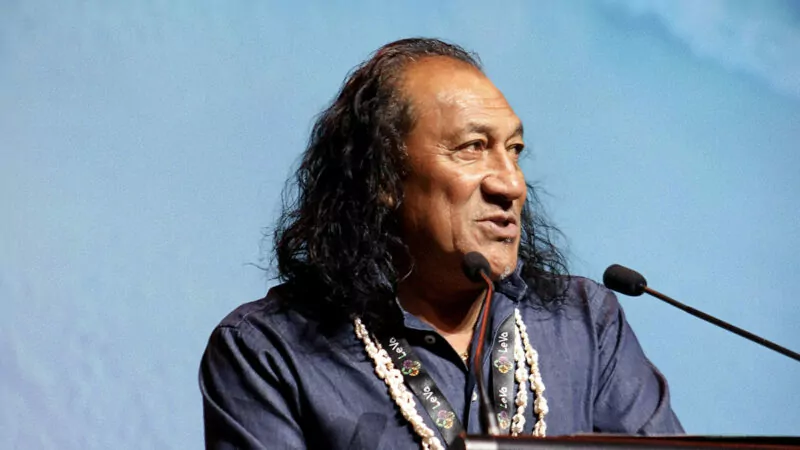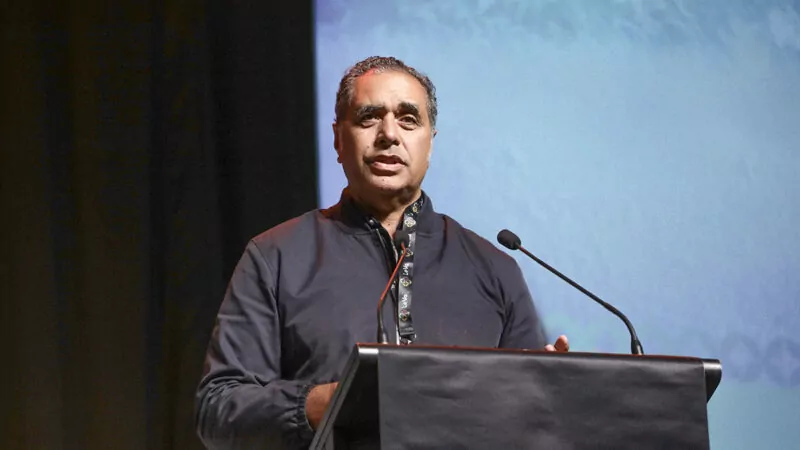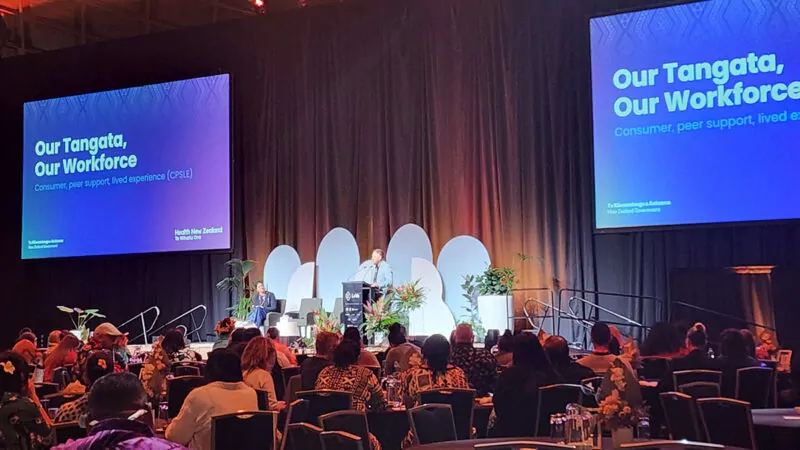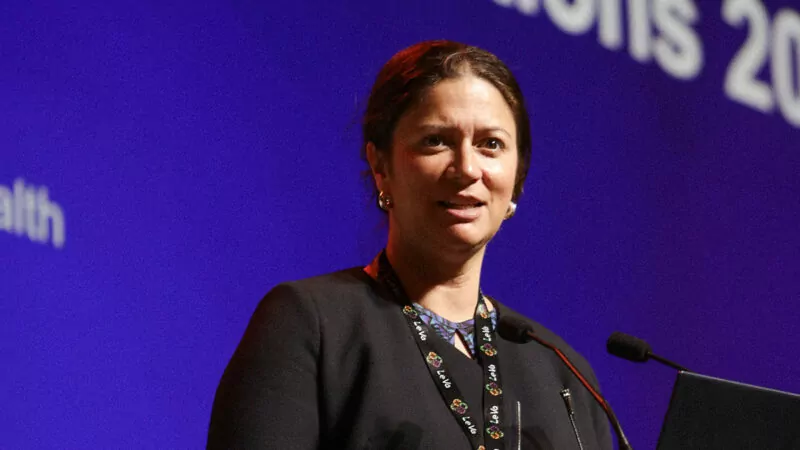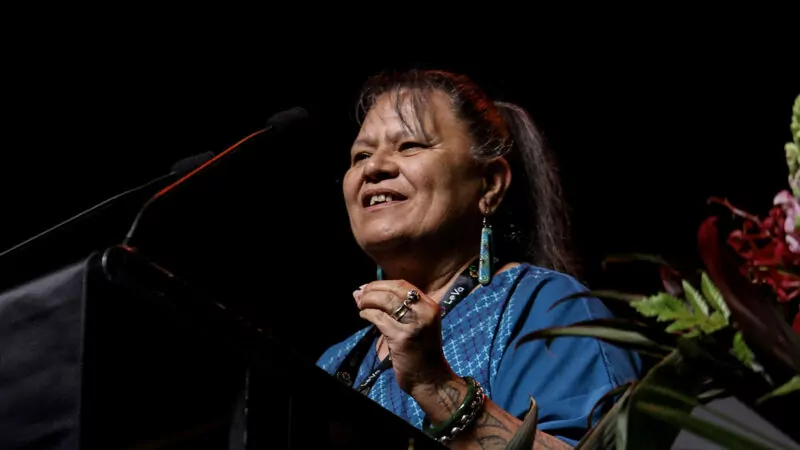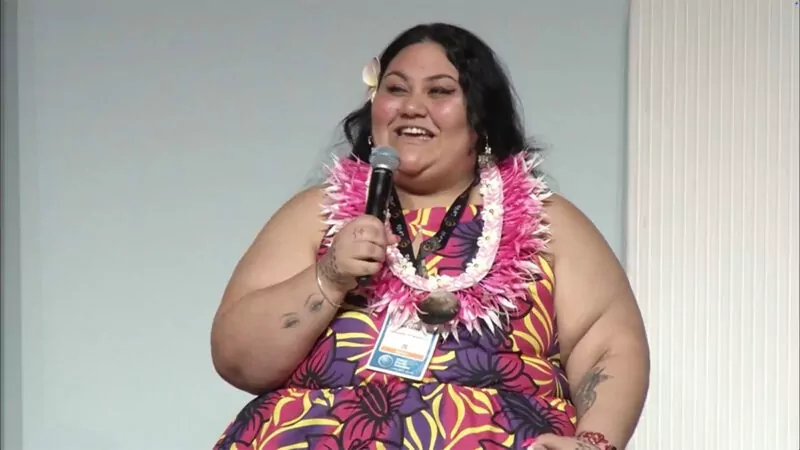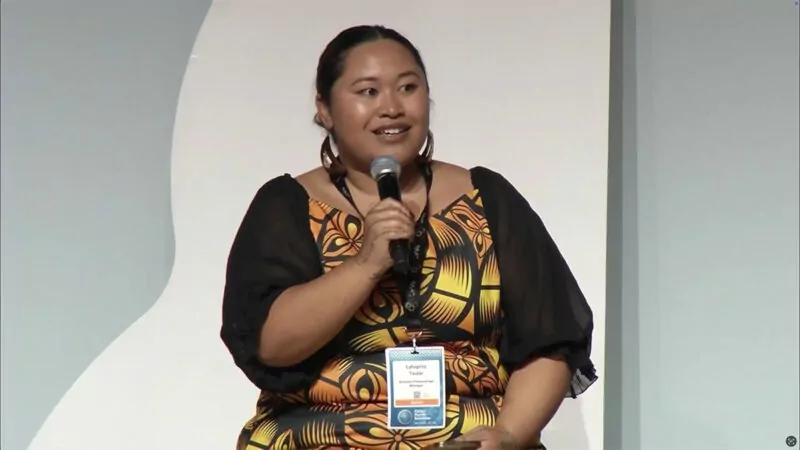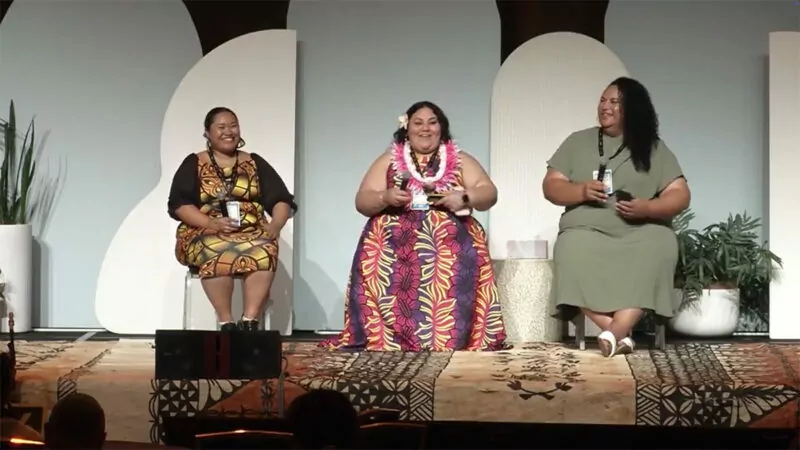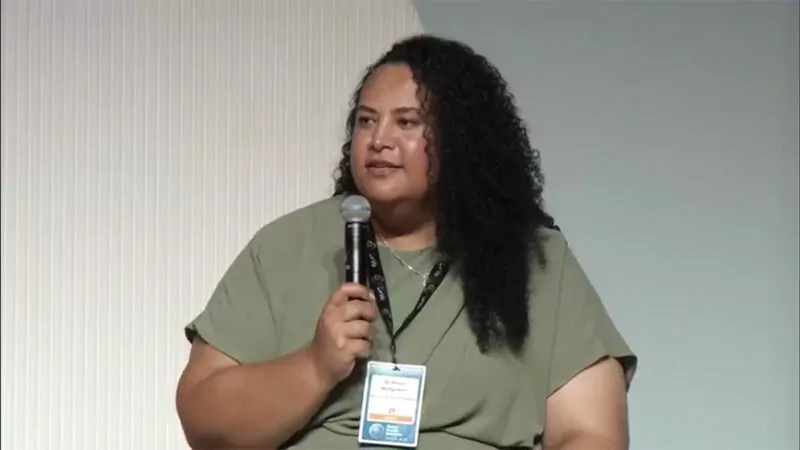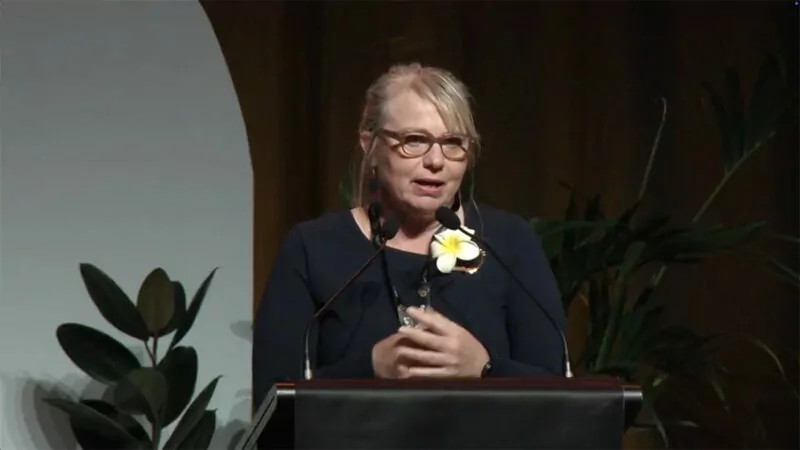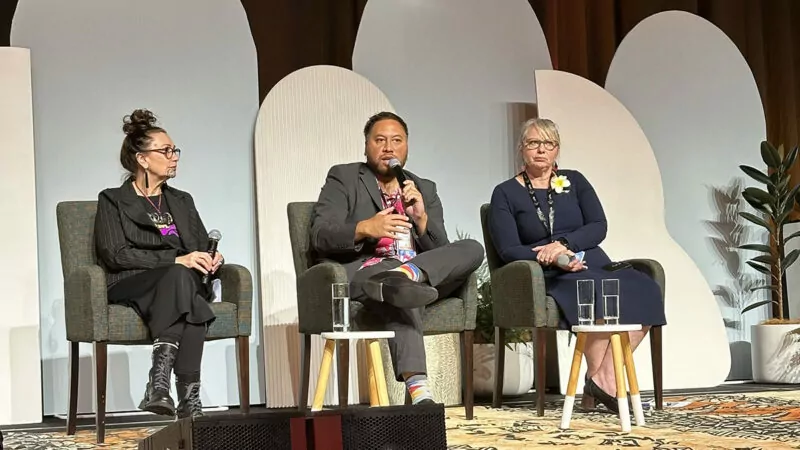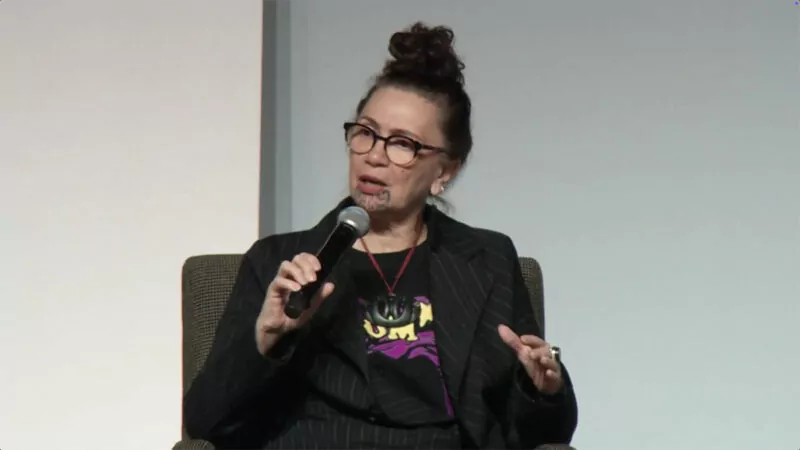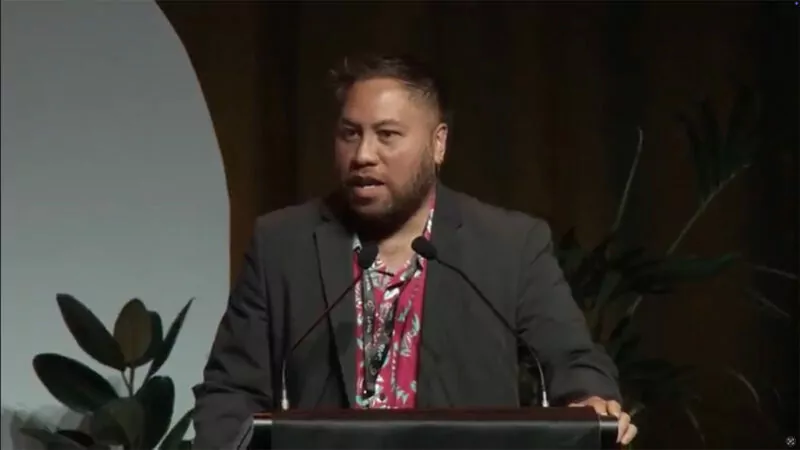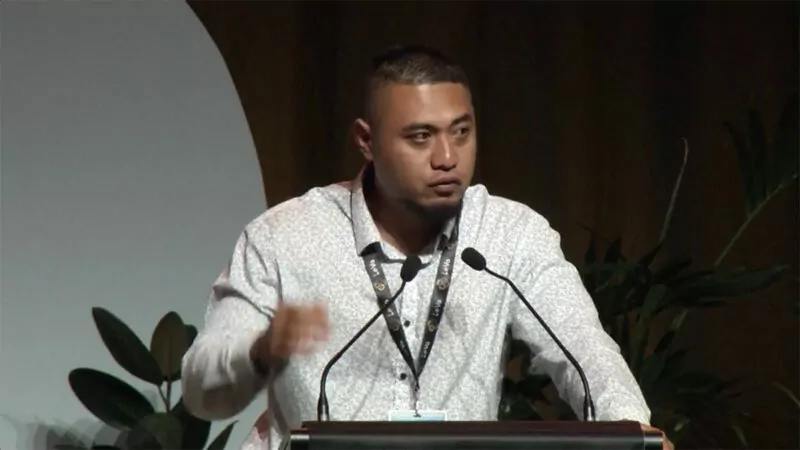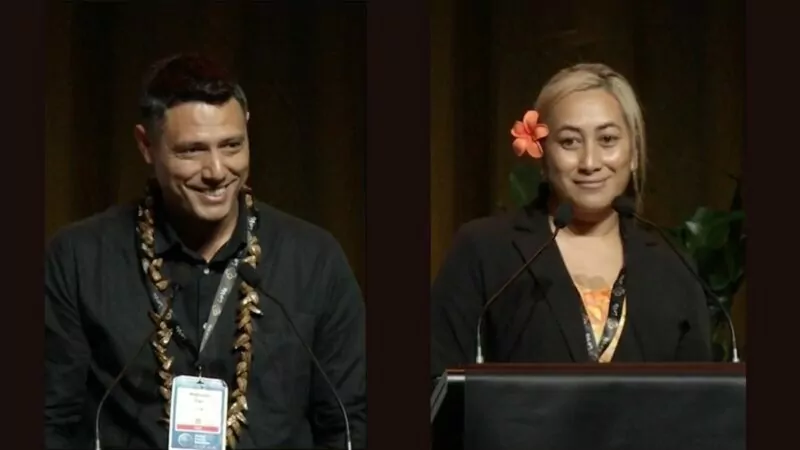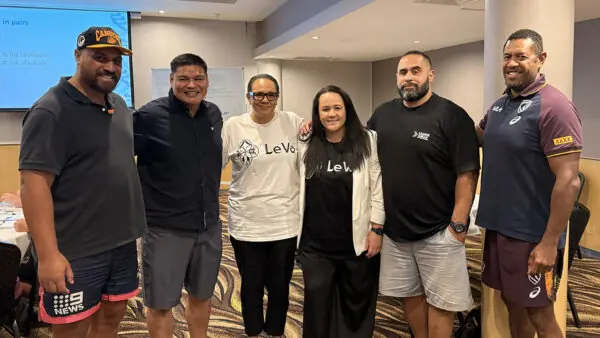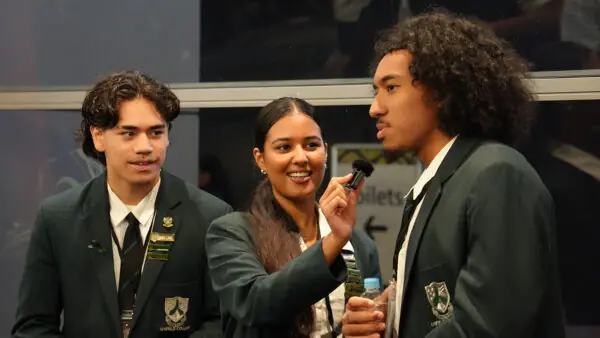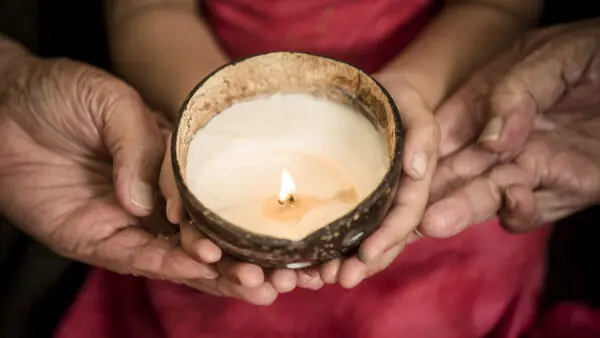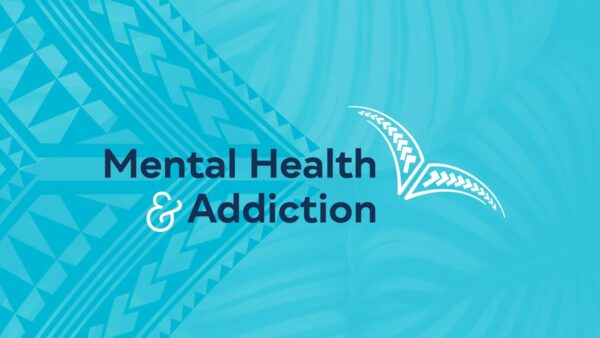GPS 2025: Tu Tonu mental health and addiction stream
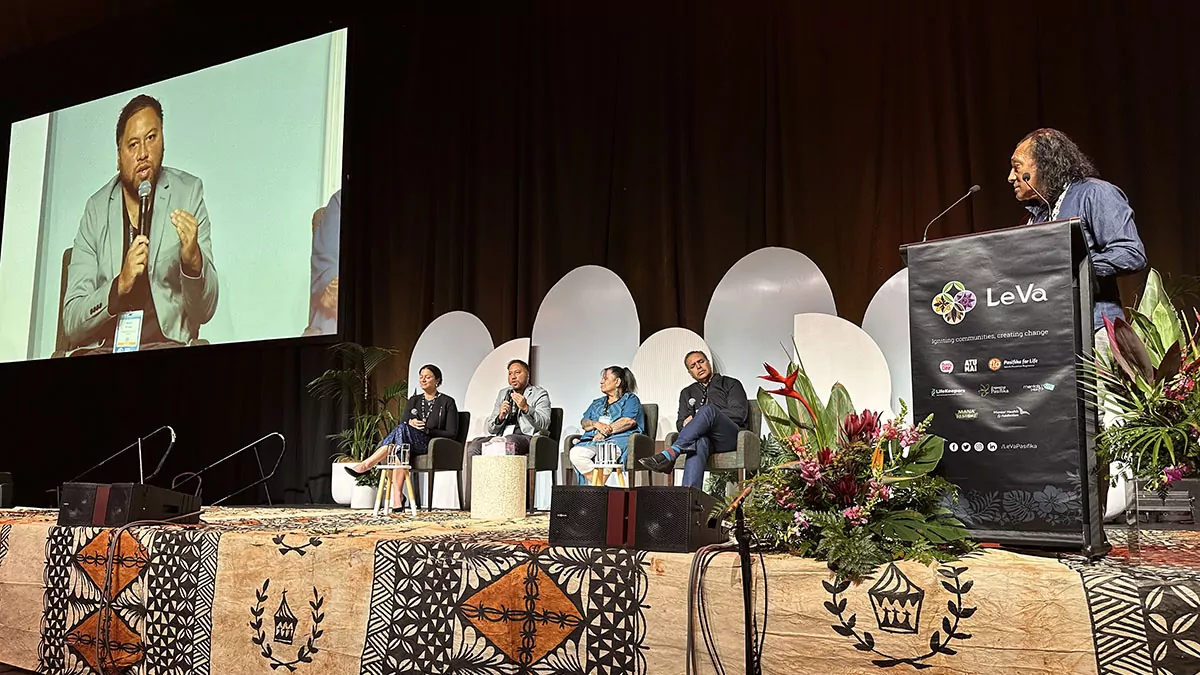
Tu Tonu – standing strong in our purpose. A reflection from the Tu Tonu mental health and addiction stream at Le Va’s Global Pacific Solutions 2025 conference.
It was incredible to see so many of our Futures that Work scholarship recipients at the Global Pacific Solutions 2025 conference. We hope the wisdom shared by our 60 speakers inspired you, and that connecting with more than 700 passionate delegates reminded you just how valued and essential you are in the Mental Health and Addiction workforce.
Right now, our communities need aroha, manaaki, tautua and leadership to help transform lives. The future is yours to shape – and we’re with you every step of the way.
Day One
Day One of the Tu Tonu Stream started with the Pasifika mental health and addiction workforce at the centre of discussions celebrating the strengths of Pasifika people while identifying the tensions and challenges they face.
Distinguished leaders from across the Mental Health and Addiction sector included Makerita Poutasi, Aaryn Niuapu, Terri Cassidy and Dr Siale Foliaki led the facilitation of the inaugural session.
They shared their insights around the importance of cultural knowledge, strong relationships, and collective values in shaping Pasifika approaches to wellbeing. Many spoke about the pride that they held in serving their communities, in contrast to the friction that existed in carrying the emotional labour of cultural expectations in systems that do not always value or understand Pacific worldviews.
The audience was invited to reflect on the systems and models of care that often shape our practice unconsciously, and to question how well models of care and systems serve our most vulnerable Pasifika communities. They were challenged to dream boldly: What could care look like if investment were directed toward models grounded in kinship?
Pasifika scholars and leaders who are champions in the Pasifika youth space – Dr Penni Wolfgramm, Dr MahMah Timoteo Tohoa Tetini and Latayvia Tautai – articulated a bold vision for reimagining models of care that are culturally grounded and responsive to the needs of future generations.
They highlighted storytelling and resilience as vital tools for navigating an uncertain world and called for a shift from deficit-based thinking to strength-based leadership. Key to this transformation were creativity, digital fluency, and the powerful sense of interconnectedness among Pacific youth.
Day Two
Day Two of the Tu Tonu stream opened with a panel of public health representatives, lived experience leaders and cultural advocates – Dr Sarah Helm, Tracey Potiki and Aaryn Niuapu.
They spoke about addiction as a response to disconnection, intergenerational trauma and structural disadvantage. Shame continues to be a barrier, both personal and collective, preventing people from seeking help or potential supports.
The panel called for an expanded view of recovery, that was fit for purpose that included housing, cultural connection and whānau engagement. Discussions illustrated how services are often reactive and rarely preventative or healing. This brought to light the urgent need for Pasifika-led solutions, which were framed as essential rather than optional.
The closing session of the Tu Tonu stream focused on the foundations of Pasifika healing, ancestral knowledge and practices, with presentations from Musuiaiga Neil Tapu Sitagata, and Le Va’s very own Seiuli Angel Timali Tiatia-Siau and Nicholas Cao.
Musu highlighted that many of the tools necessary for wellbeing and connection are already embedded within Indigenous knowledge systems.
Musu posed the questions: “Right now, ask yourself, is there space in my heart for these practices? What would it take to make them visible again in our homes, workplaces, and systems of care?”
The session provided experiential practice of self-compassion with a resounding question “Can I be vulnerable and allow myself a break”? This is talanoa fogāfala – a form of Pasifika relational healing that is grounded in the va, the space that honours relationships and connection.
Angel and Nicholas emphasised the integral role of cultural identity, relationships, and collective connection in strengthening resilience and mental wellbeing. They highlighted how mental health challenges must be understood within the context of Pasifika values, which provide a vital framework through which Pasifika workers can reconnect with their heritage and find strength amid the pressures of frontline work.
The session also incorporated a culturally adapted self-compassion meditation rooted in Pasifika notions of balance, navigation and ancestral guidance. Participants were encouraged to Tu Tonu, to stand strong and to stay grounded in their identity and values, reinforcing that self-kindness and mindfulness are critical components of sustainable wellbeing in mental health and addiction roles.
